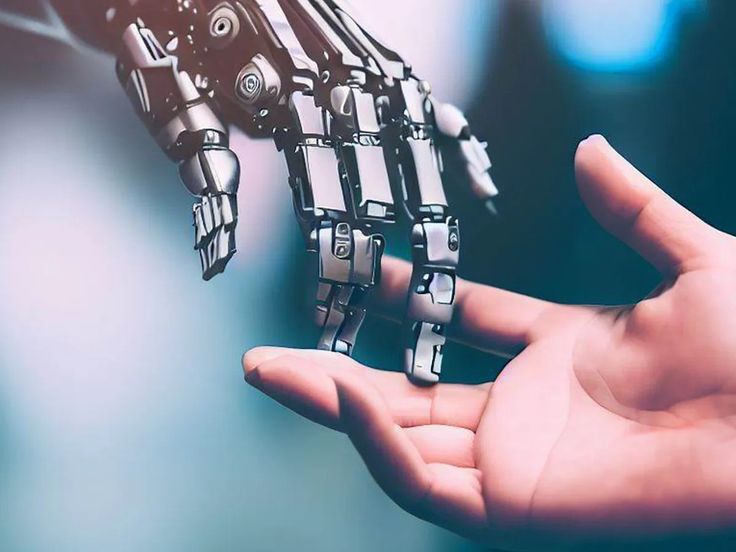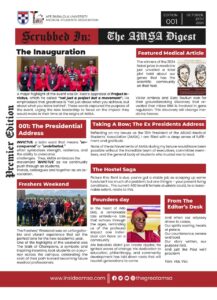A transformative force is gradually altering how we recognise, treat, and manage diseases where complexity and compassion intersect in modern medicine. Artificial intelligence (AI) is a force that is more than just a technological development; it is a path that points the way towards a future in which healthcare will be more accurate, efficient, and fair than it has ever been.

The Dawn of Discovery
AI in medicine has its roots in a shared goal to understand the complex web of human health with never-before-seen precision and understanding. Setting out on this journey, scientists and medical professionals worked together to leverage artificial intelligence (AI) to reveal the mysteries concealed inside enormous amounts of medical data.
When artificial intelligence (AI) initially emerged, it debuted in medical imaging, where algorithms were trained to identify minute patterns and abnormalities more accurately than humans could. Already accustomed to the laborious process of deciphering complicated images, radiologists embraced AI as a reliable ally, enhancing their knowledge and accelerating diagnosis with impressive speed.
AI can light the way to a future where health knows no limitations and where medical creativity is taken to new heights in the hands of knowledgeable practitioners and kind carers.
The Symphony of Diagnosis
As artificial intelligence grew, its application in healthcare went beyond radiography and impacted every facet of diagnosis. AI-driven algorithms started to sort through mounds of patient data—genetic profiles, clinical notes, and lab results—in clinics and hospitals all over the world, turning complex material into insights that healthcare professionals could use.
The days of doubt and ambiguity were over; with AI leading the way, medical professionals could make judgements with confidence and speed, which resulted in quicker diagnoses and more individualised treatment regimens. Equipped with this enhanced understanding, patients received the necessary care specially tailored to meet their unique requirements and situations.

The Choreography of Treatment
However, AI’s influence extends beyond diagnosis. AI has become a quiet conductor in the field of medicine, directing doctors’ movements with unmatched accuracy and vision. Surgeons are now better equipped to traverse difficult procedures with confidence, reducing risk and improving patient outcomes thanks to the integration of augmented reality and intelligent technology.
Artificial intelligence (AI) has had a lasting impact on the field of medicine, even outside of operating rooms. It has influenced the creation of customised treatment plans that are based on the individual physiology and pathology of each patient. AI-enabled algorithms discovered the most successful interventions by examining genetic data, medical history, and lifestyle factors, launching a new era in precision medicine.
The Canvas of Innovation
AI can completely transform healthcare in every way as it develops further. Scientists are using artificial intelligence (AI) to speed up medication discovery and development in labs and research facilities across the globe, opening the door to novel treatments for illnesses that were previously thought to be incurable.
AI-powered telemedicine platforms are extending healthcare access, reducing the distance between patients and clinicians, and providing life-saving interventions to people in need in underserved communities and rural areas. Additionally, AI-driven chatbots are giving people in crisis a lifeline in the field of mental health by delivering help and guidance along with compassion and sympathy.
The Tapestry of Tomorrow
AI can light the way to a future where health knows no limitations and where medical creativity is taken to new heights in the hands of knowledgeable practitioners and kind carers.
The potential of artificial intelligence (AI) to revolutionise the medical field is both astounding and humble. However, this limitless potential also carries a grave responsibility: making sure AI stays a force for good while adhering to moral, just, and compassionate standards.






Wonderful work 🌟